Not everything we Brits love works when it crosses our borders. From political ideas to beloved TV shows, some of our most cherished exports have bombed spectacularly on the international stage. Are we the odd ones out, or is everyone else just missing the point?
1. Tesco’s Fresh & Easy: A Supermarket Experiment Gone Wrong

Tesco’s ambitious attempt to break into the U.S. market with its Fresh & Easy stores ended in disaster. After losing £1 billion over five years, the company pulled the plug on the venture. It turns out Americans weren’t sold on Tesco’s British-style convenience.
2. New Labour’s Public-Private Partnerships: A Hard Sell Abroad
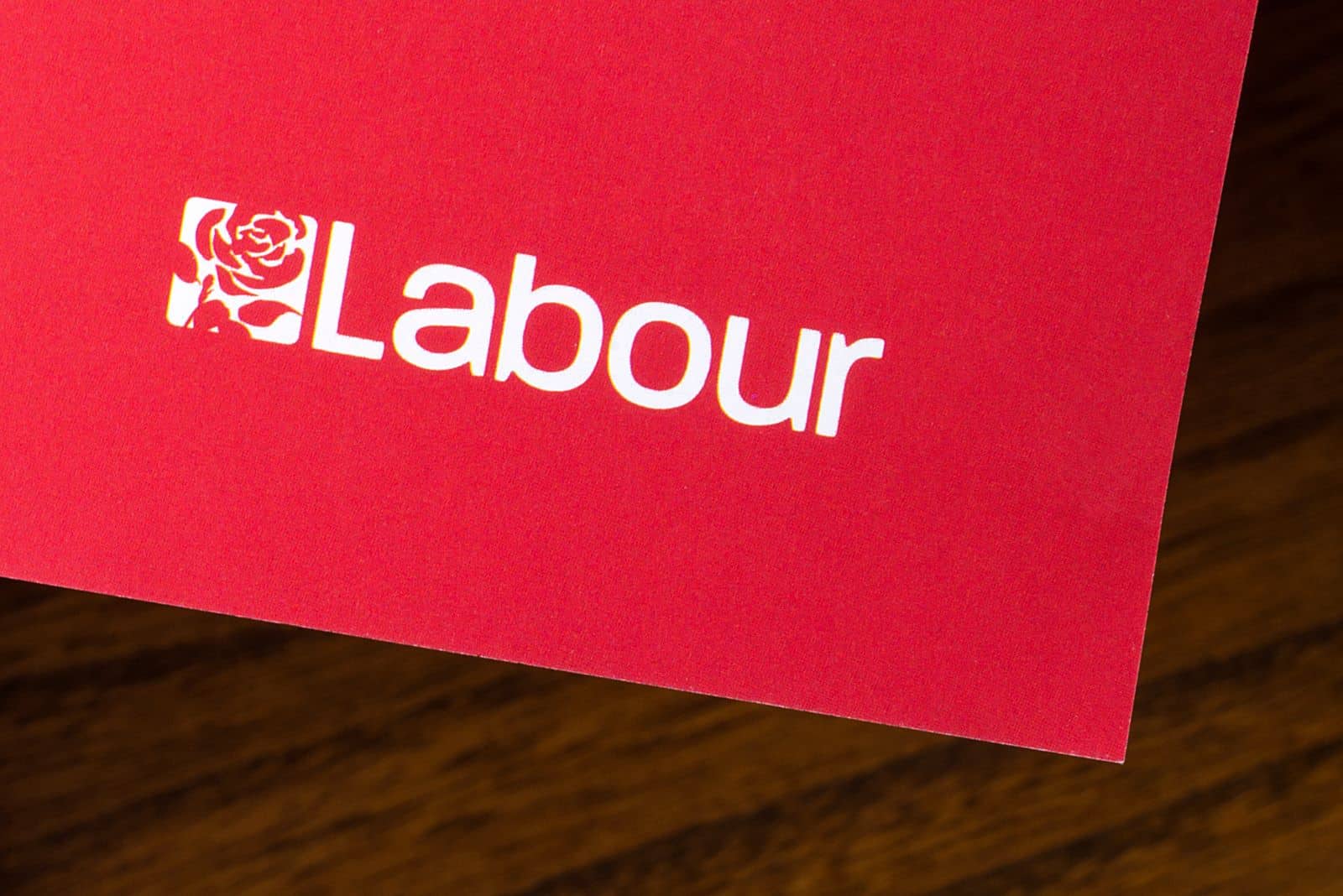
The New Labour government’s enthusiasm for public-private partnerships (PPPs) didn’t win many fans overseas. These schemes, which mixed public funds with private business interests, were seen as prioritising profit over public services. While PPPs gained traction in Britain, other countries weren’t convinced.
3. The Office (UK Version): Too Bleak for American Tastes

The original British version of The Office became a critical darling, but it never gained the same traction abroad. Ricky Gervais’ portrayal of David Brent was too awkward and cringeworthy for American audiences, who preferred Steve Carell’s more likeable Michael Scott. While the UK version remains iconic, it didn’t capture global hearts.
4. The Union Jack: Fashion That Didn’t Fly

The Union Jack has become a popular fashion and design element in Britain, but it hasn’t had the same success overseas. Outside of the UK, it’s often seen as a symbol of imperialism rather than a trendy icon. While Brits may proudly display the flag, it hasn’t caught on as a fashion statement abroad.
5. Alan Partridge: Aha! But Not Abroad

Alan Partridge’s awkward, self-important humour is beloved in Britain, but international audiences didn’t quite get the joke. Attempts to introduce the character abroad fell flat, with many viewers failing to understand his appeal. Partridge’s cringe-inducing comedy just didn’t translate.
6. British Euroscepticism: Not Spreading the Fever
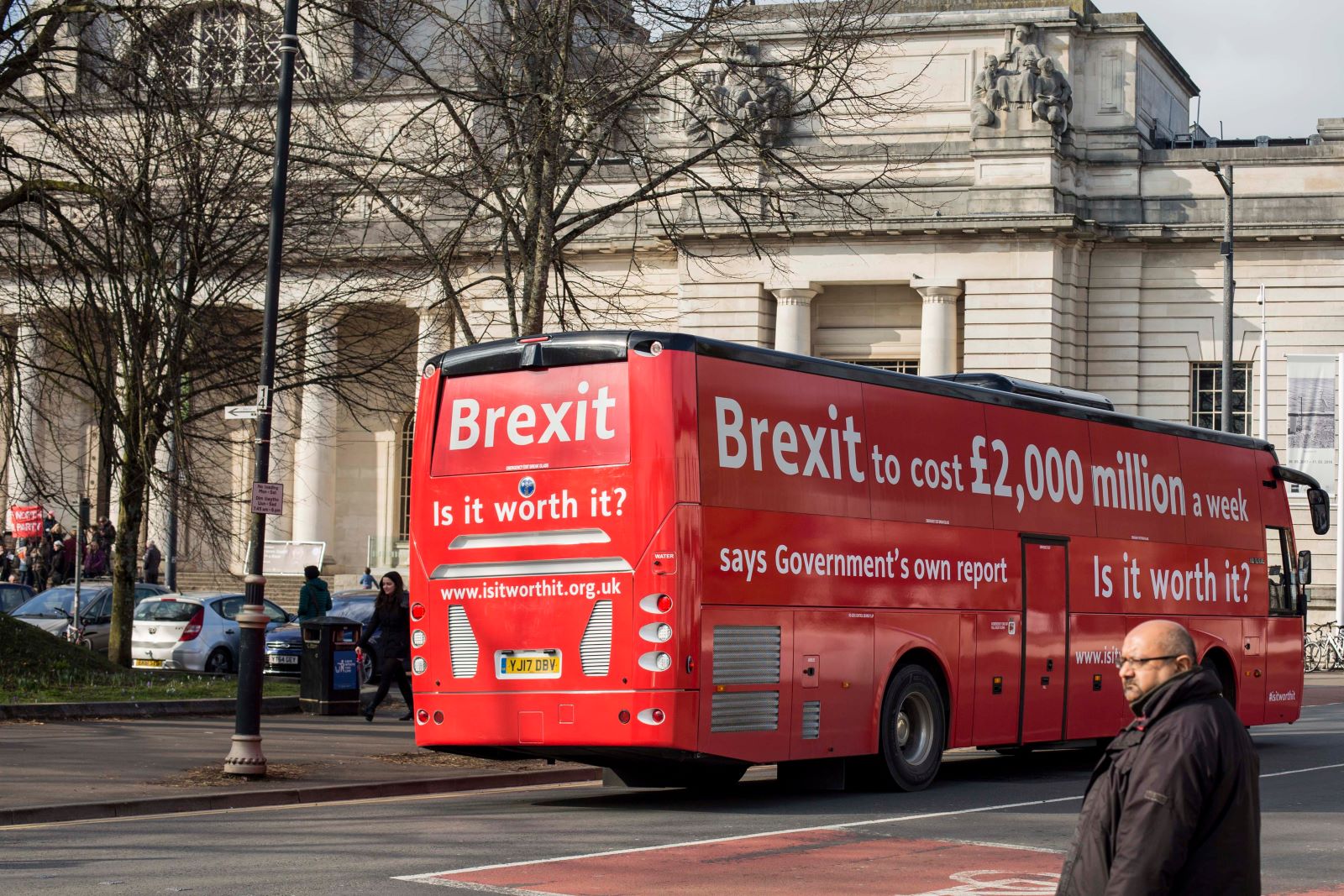
Britain’s scepticism towards the European Union hasn’t caught on in the same way in other countries. While Eurosceptic movements exist across Europe, the UK’s particular brand of anti-EU sentiment didn’t inspire a wave of imitators. Brexit served more as a cautionary tale than a trendsetter.
7. Fawlty Towers (US Remakes): Not Very Funny Stateside

Fawlty Towers is a British comedy classic, but multiple attempts to remake it for American audiences were complete flops. U.S. versions like Amanda’s and Payne failed to capture the brilliance of the original, missing both the wit and slapstick humour. Basil Fawlty didn’t make it big in the States.
8. The British Curriculum: Teaching the World, but Not Always Welcome

Britain’s educational curriculum has been adopted by schools around the world, but it hasn’t always been a perfect fit. The focus on rote learning, exams, and British history doesn’t resonate everywhere. While the curriculum is successful in Britain, it sometimes feels out of place abroad.
9. The Weakest Link (US Version): Too Mean for America

Anne Robinson’s icy glare and sharp insults made The Weakest Link a hit in the UK, but the same approach didn’t work as well in the U.S. American viewers found Robinson’s style too harsh for prime-time television. The show faded after a few seasons, proving that what works in Britain doesn’t always land abroad.
10. Mars Bars: Too Sweet for American Tastebuds
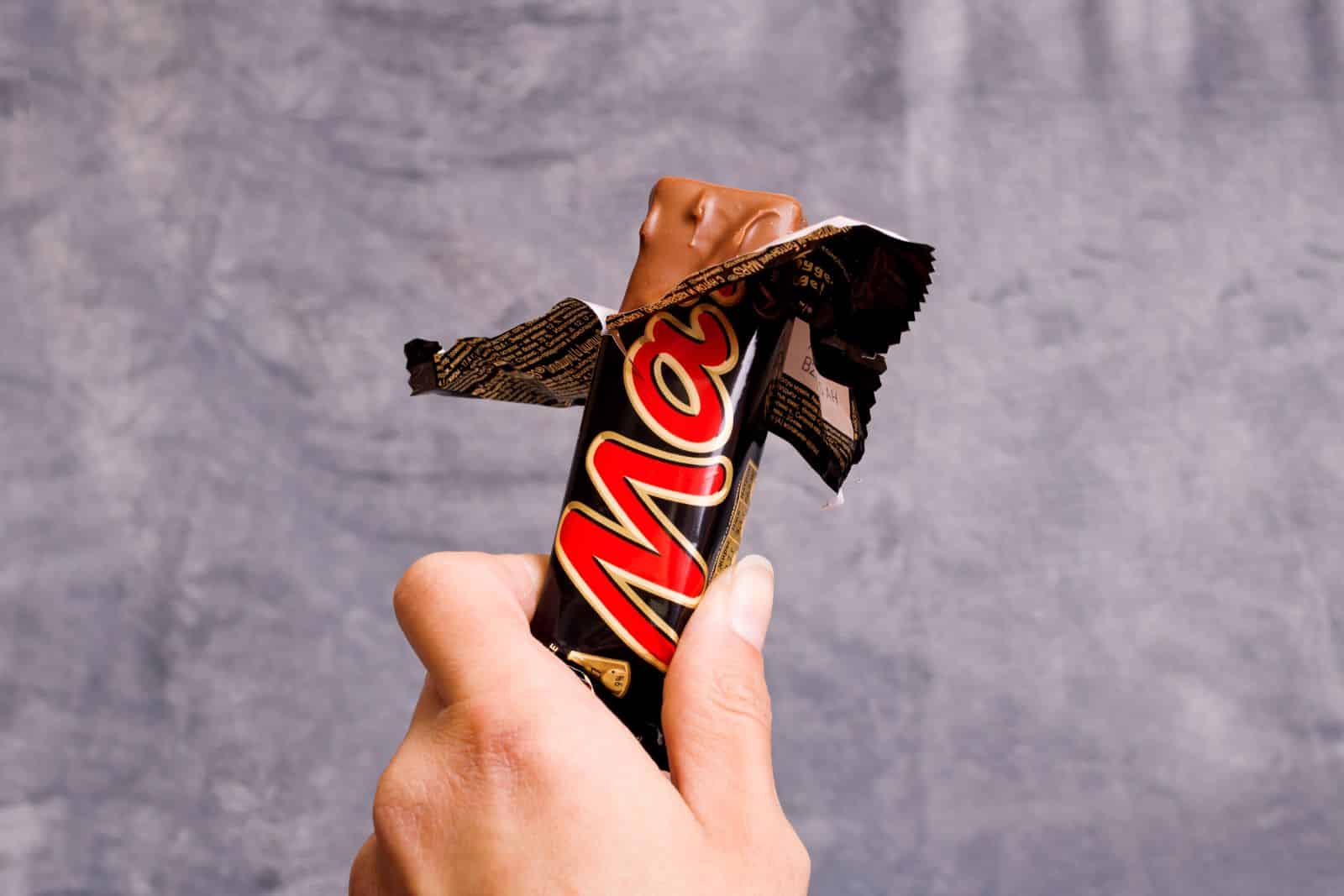
Mars Bars are a staple of British confectionery, but when Mars tried to market the same product in the U.S., it didn’t go down so well. The American version had to be reformulated as the Milky Way, which still doesn’t taste quite like the UK’s original. Even the sweetness levels didn’t match American preferences.
11. Piers Morgan: Tabloid Sensation, Talk Show Failure
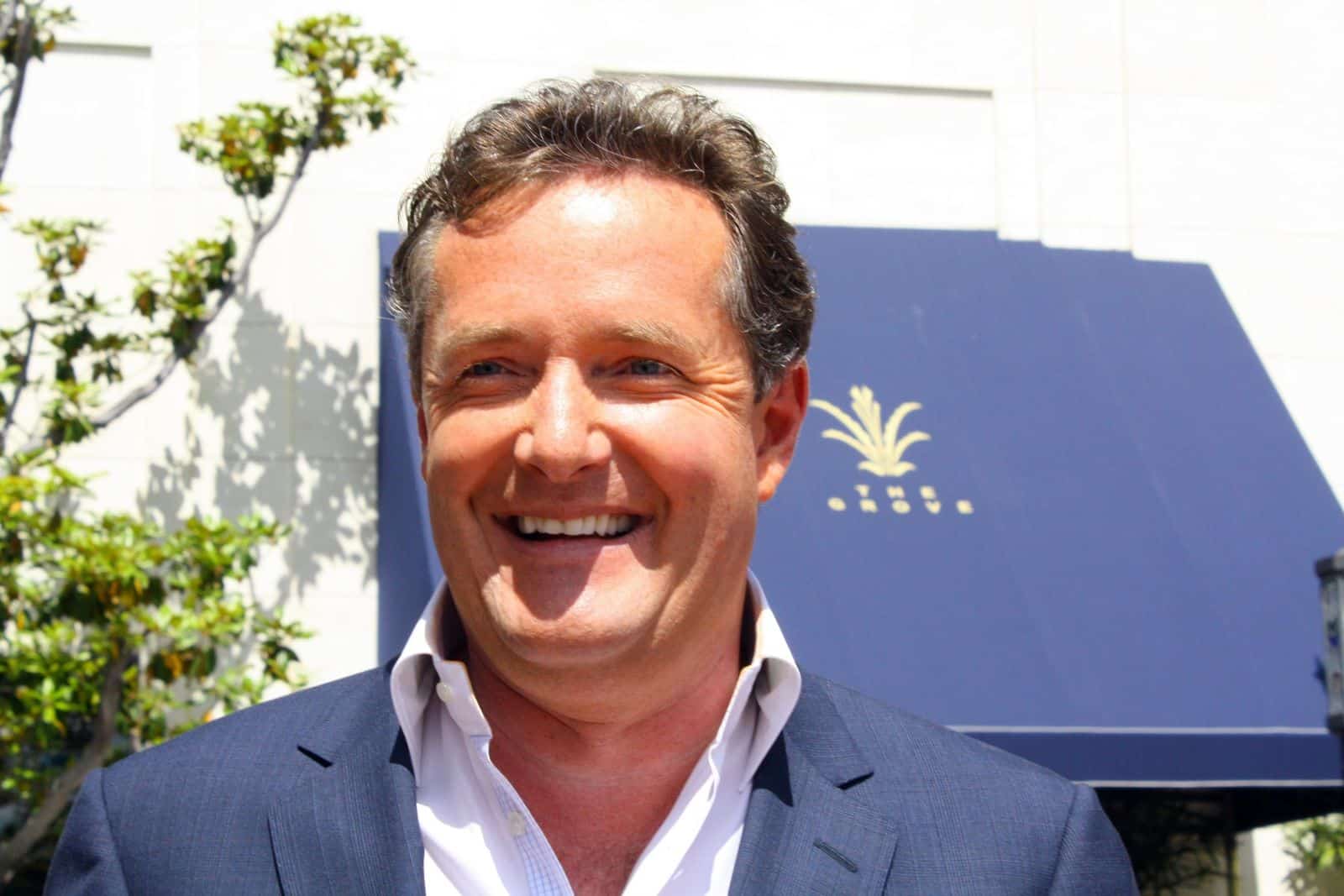
Piers Morgan tried to export his brash tabloid style to America, but his stint as Larry King’s replacement on CNN was a disaster. His confrontational approach didn’t resonate with American audiences, and his show was cancelled after poor ratings. It turns out, Morgan’s brand of controversy doesn’t travel well.
12. Premier League Abroad: Football That Didn’t Always Score
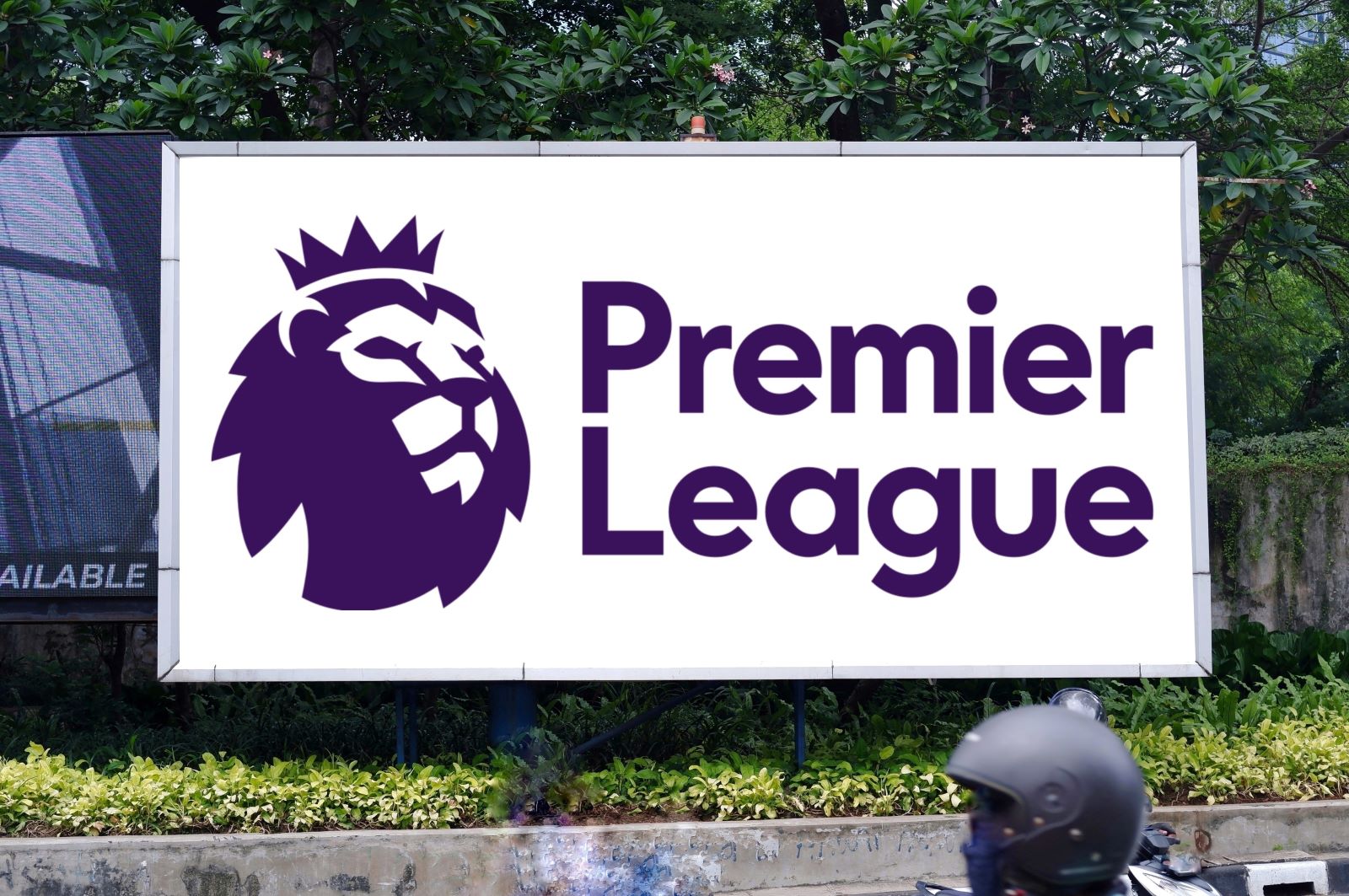
The Premier League is Britain’s biggest sporting export, but it hasn’t always been an easy sell abroad. In many countries, local leagues and other sports dominate, and the Premier League struggles to gain a foothold. Despite efforts to globalise the brand, it remains a tough market in some places.
13. Have I Got News for You: Lost in Translation

Britain’s beloved political panel show Have I Got News for You failed to connect with international audiences. The show’s biting satire and uniquely British humour didn’t translate well in countries like the U.S., where political comedy usually takes a different form. The show’s sharp wit was too culturally specific to export successfully.
14. British Motorcycles: Revving but Not Roaring Abroad

British motorcycle brands like Triumph have a loyal following at home, but they haven’t had the same success in markets like the U.S. With Harley-Davidson dominating American roads, British bikes have remained niche products. Despite their quality, they haven’t been able to break into the mainstream abroad.
15. New Coke (UK’s Influence): A Recipe for Disaster
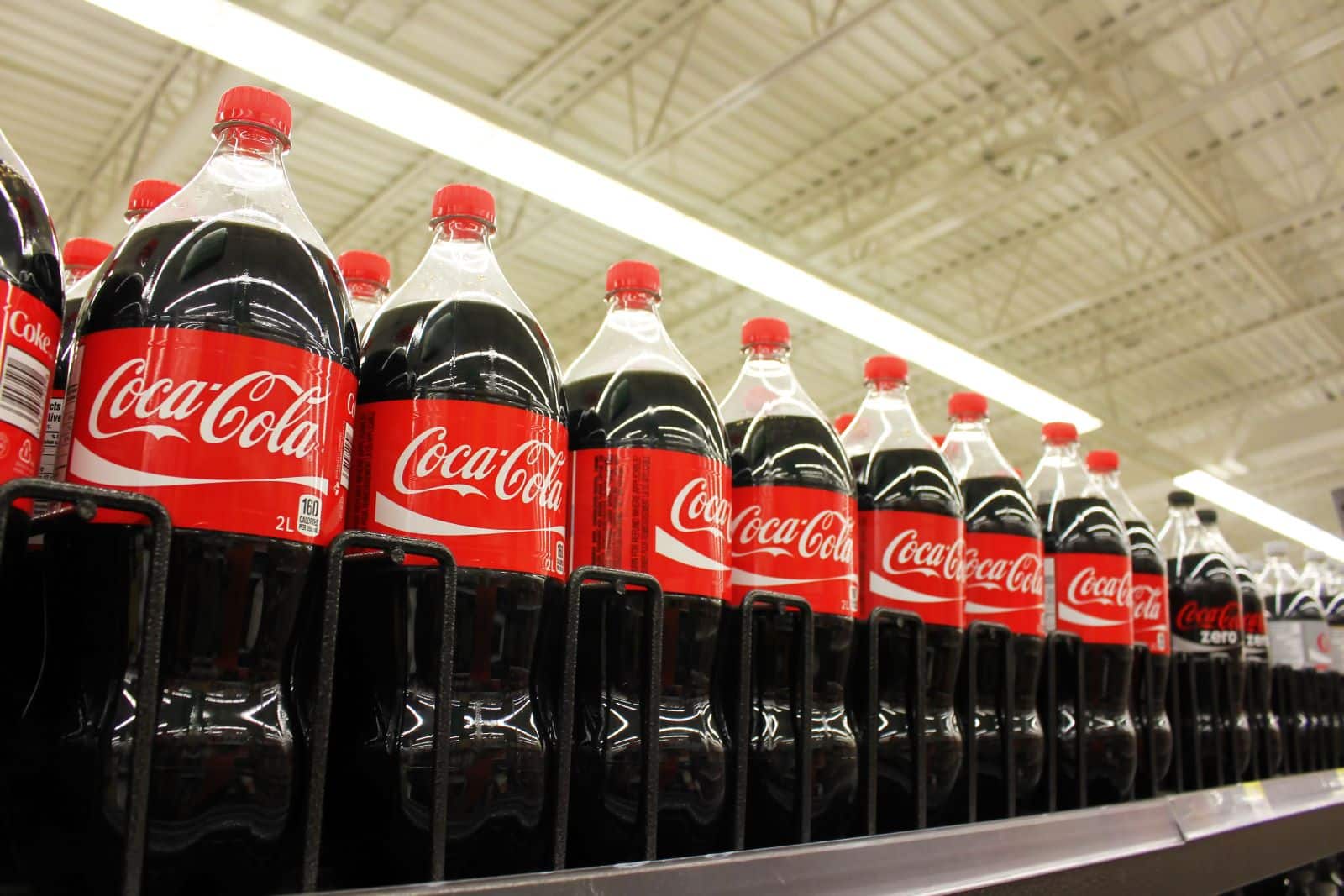
It might surprise you, but the disastrous launch of New Coke in the U.S. was influenced by research done in Britain. Coca-Cola reformulated its iconic drink after taste tests in the UK, leading to one of the biggest product flops in history. American consumers rejected the change, and the original recipe had to be reinstated.
16. Skins (US Remake): Sanitised and Soulless

The UK’s Skins was known for its raw, gritty portrayal of teenage life, but the U.S. remake lost all of that edge. The American version was toned down and sanitised, stripping away the energy that made the original a success. It only lasted one season before being pulled from the air.
17. Top Gear USA: No Match for the Original

Top Gear is one of Britain’s most successful TV exports, but the U.S. version failed to capture the same magic. The American hosts lacked the chemistry and irreverence that made Jeremy Clarkson, Richard Hammond, and James May so beloved. Without the original trio, the show just didn’t work.
18. The Labour Party’s Third Way: Not the American Way
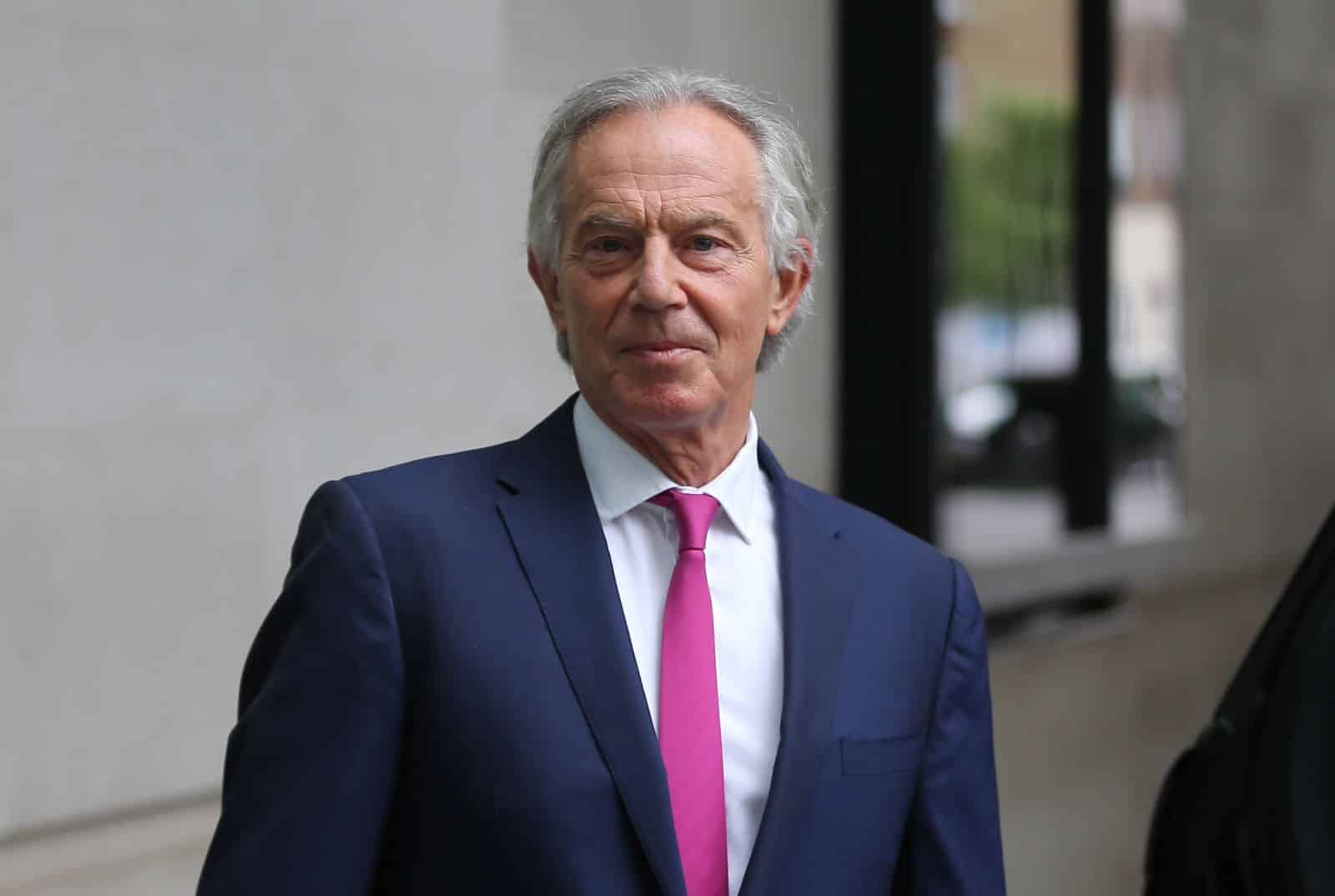
Tony Blair’s Third Way politics, which aimed to combine free-market economics with social justice, didn’t resonate abroad. Efforts to influence American Democrats with this centrist approach fell flat. What worked for New Labour didn’t catch on across the pond.
19. British Tabloid Culture: Too Much for the World
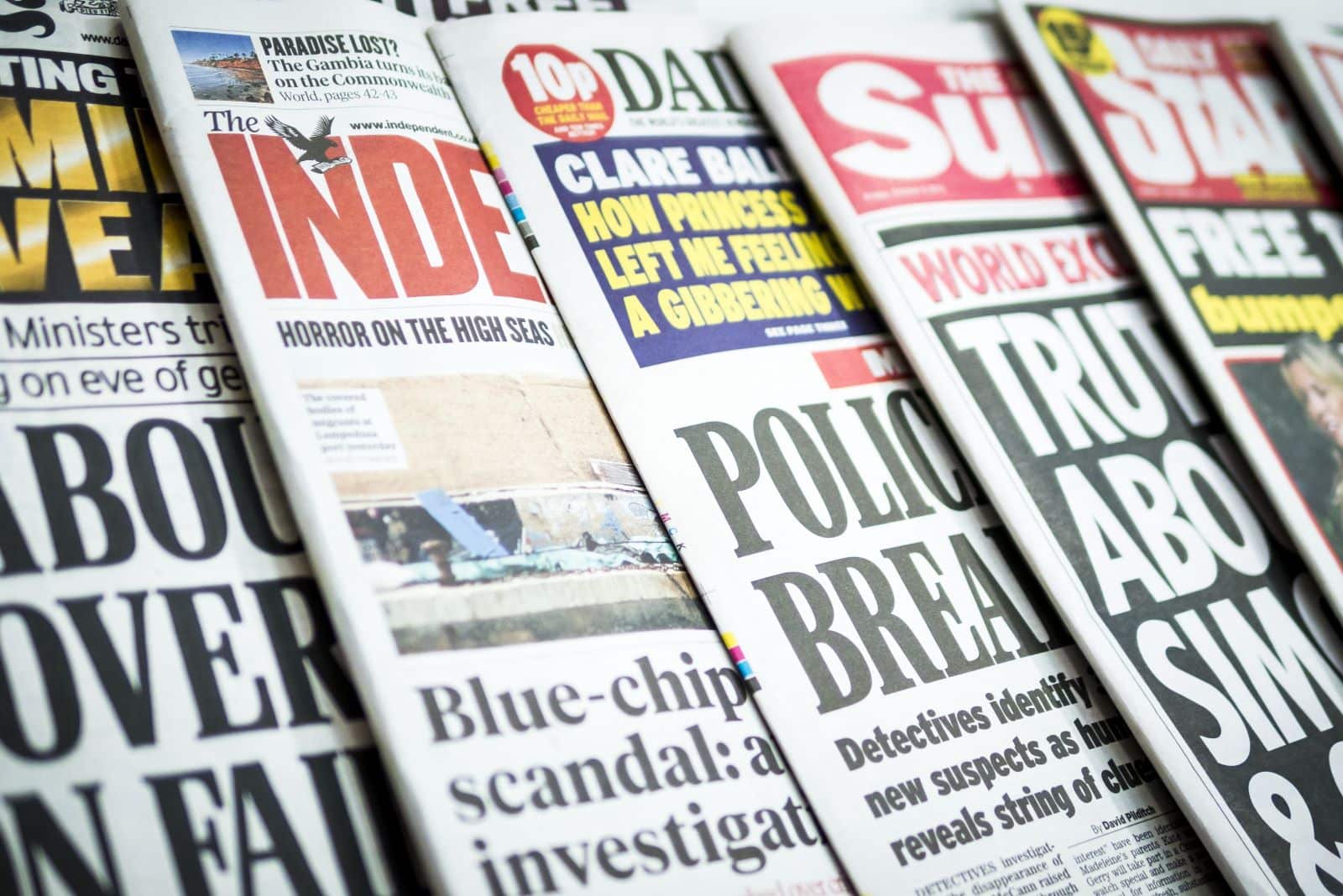
British tabloids are notorious for their sensationalist headlines and invasive celebrity gossip, but when we tried to export that style abroad, it didn’t work. International audiences found the aggressive tabloid tactics distasteful. What sells papers in Britain doesn’t always translate to success elsewhere.
20. ITV’s Who Wants to Be a Millionaire? (US Version): Fizzled Out
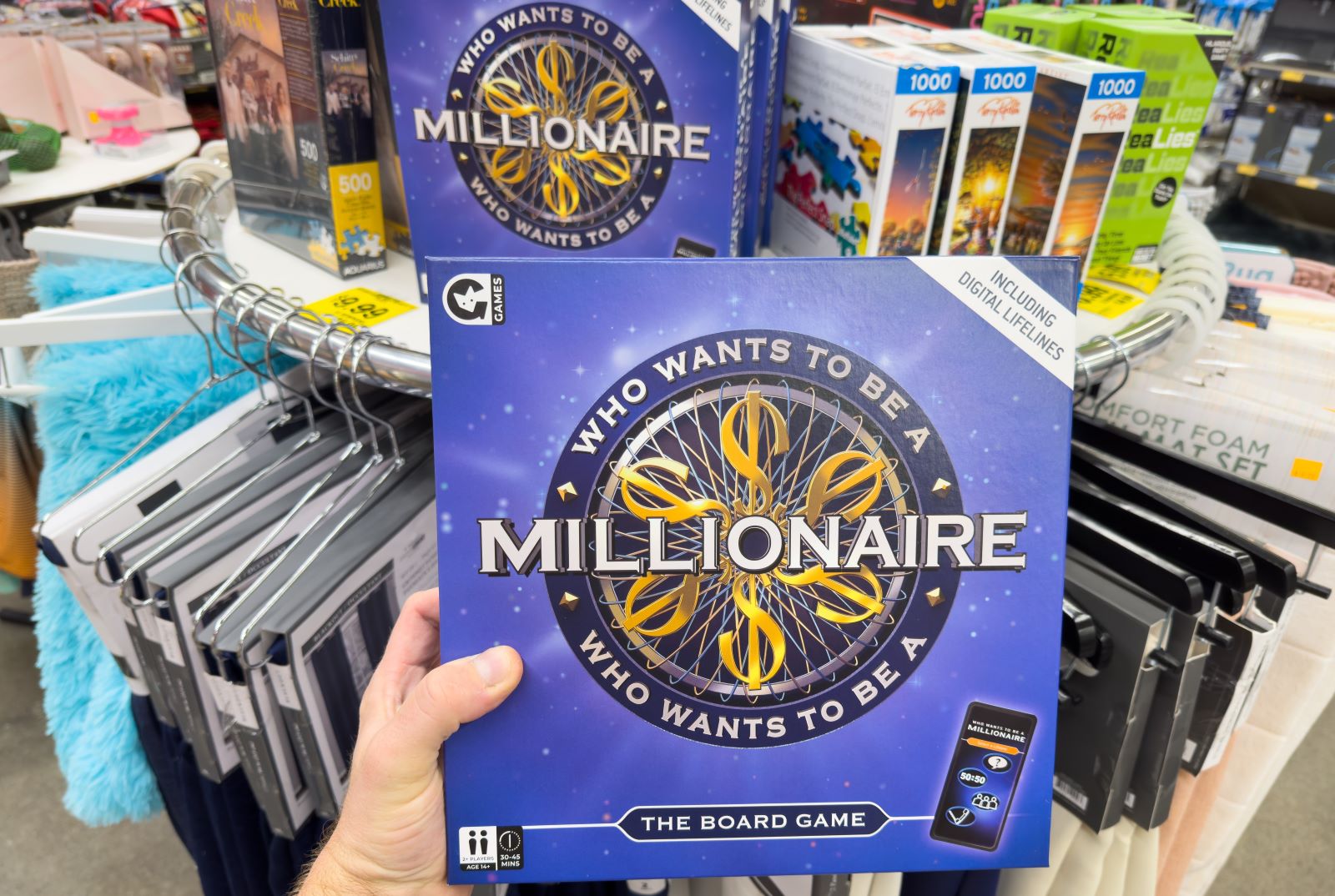
Who Wants to Be a Millionaire? was a groundbreaking hit in the UK, but the U.S. version couldn’t sustain its initial success. The American version quickly lost its appeal and was eventually relegated to daytime TV. The intensity of the original didn’t carry over across the pond.
21. Ben Sherman: Stylish in Britain, Not So Much Abroad

Ben Sherman shirts, with their mod-inspired designs, are a British fashion staple, but they haven’t caught on in the U.S. The sharp-collared look didn’t find the same following abroad, leaving the brand niche in international markets. Ben Sherman’s British style simply didn’t resonate with American consumers.
Not Every British Idea Travels Well
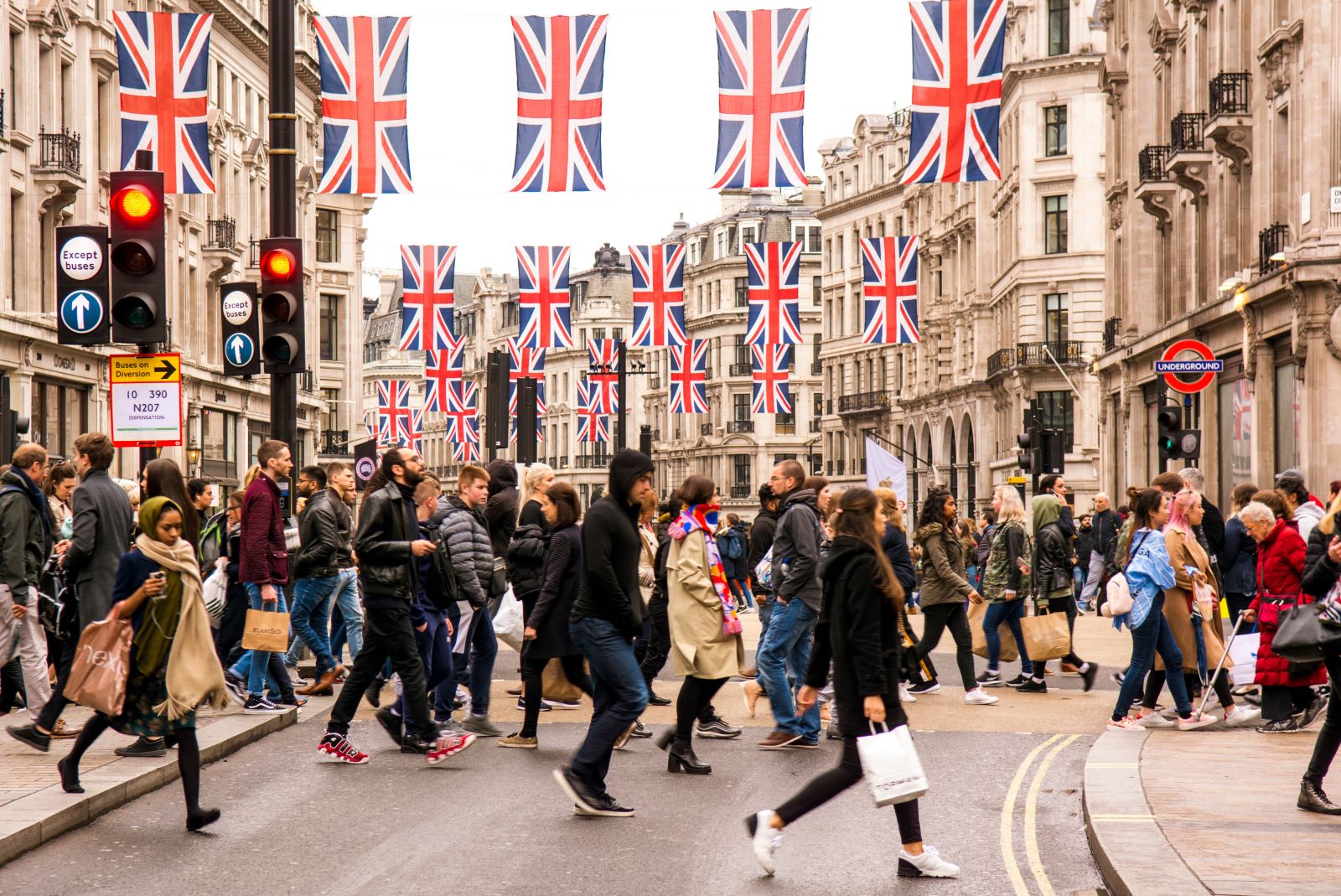
From political movements to cultural exports, Britain’s best ideas don’t always succeed when they leave the UK. These 21 examples show that while some concepts thrive at home, they can flop spectacularly abroad. Perhaps some things are better left on our own shores.
Featured Image Credit: Shutterstock / stockfour.
The content of this article is for informational purposes only and does not constitute or replace professional advice.
The images used are for illustrative purposes only and may not represent the actual people or places mentioned in the article.

